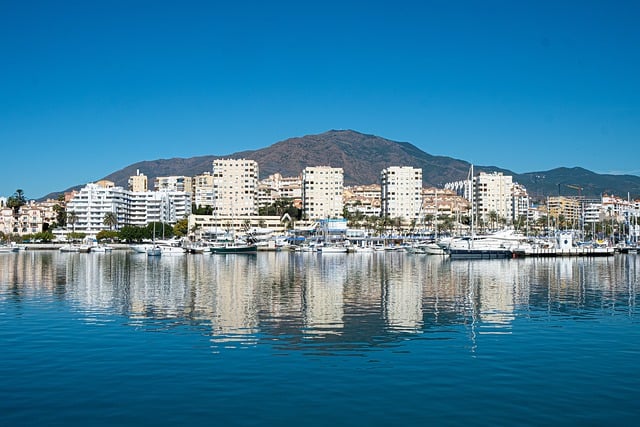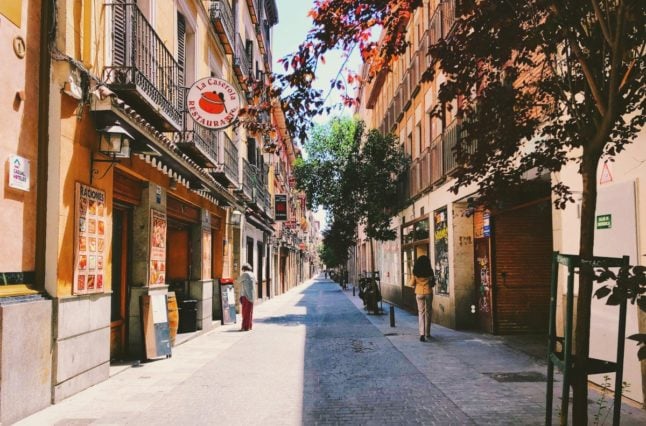Rental prices in Spain are now on average 9.4 percent more expensive than last year, according to data from Idealista, Spain’s leading property experts. The steep rises have driven rental prices to an all-time high of €11.6/m².
Though the prospect of buying property in Spain has become more difficult in recent months, owing mainly to the rising Euribor rate squeezing mortgages and lingering inflationary pressures on wages, so too now has renting. But what is perhaps most worrying is that while potential buyers have been given some respite as prices begin to fall slightly, experts believe rental market prices will continue to rise.
- READ ALSO: What the Euribor rise means for property buyers and owners in Spain
- READ ALSO – Property in Spain: What changes about renting and buying in 2023?
Rental rises
A lack of rental properties in major cities, combined with the various barriers preventing people from purchasing property, which forces them into the rental market, plus inflation and an influx of long-term foreign renters driving prices up are some of the causes for the rises.
And with Spain’s much-discussed Digital Nomad visa having finally come into force, many fear that prices could rise further and price out locals from major cities.
- READ ALSO: Is it better to buy or rent in Spain right now?
- READ ALSO: What the experts think about Spain’s new law for startups and digital nomads
The new high surpasses the previous maximum of €11.50/m², which was in September 2020. After that, prices fell due to pandemic restrictions but began to climb again at the end of 2021 – growth that has not stopped since.
In total, 44 percent of Spain’s provincial capitals are now at record rental prices, according to property giant Idealista.
But where are the most expensive places to rent in Spain?
Most expensive cities
In news that will surprise nobody, Barcelona and Madrid take the top spots as the most expensive cities in Spain to rent by m².
Barcelona – €19/m²
Madrid – €16.5/m²
San Sebastián – €16.3/m²
Palma de Mallorca and Bilbao – €13.3/m²
Málaga – €12.1/m²
Interestingly, Spain’s third and fourth cities in terms of population are not the third and fourth most expensive places to rent in Spain, though prices in both Valencia (€11.4/m²) and Seville (€10.6/m²) are on the rise.
Cheapest cities
But what about the cheapest cities to rent in Spain?
Zamora – €5.60/m²
Lugo, Ávila, Cáceres and Ciudad Real – €6.20/m²
Badajoz, Jaén and Ourense – €6.60/m²
Cuenca – €6.80/m²
Albacete and León – €6.9/m²
Looking forward
Unfortunately, it seems that these record rises in rental prices aren’t showing any signs of letting up. Josep Maria Raya, a professor at Pompeu Fabra University specialising in real estate, told Spanish outlet 20minutos “We have an endemic problem of lack of supply, especially in large capitals.”
“One of the reasons is that many people who could afford a mortgage – especially young people – do not have enough savings to pay the down payment on a flat,” he added. “And all that demand goes to the rental market. The significant influx of foreign investment, which in many cases buys a home thinking of the tourist rental market… does not help either.”
Indeed, some in the Spanish press feel the price rises in major cities have been driven primarily by foreign renters, particularly those with flexible or remote working arrangements and foreign salaries, who can afford to pay more, outprice local Spaniards and inflate the rental market.
With another influx of these foreign, remote workers expected in Spain with the arrival of Spain’s Digital Nomad Visa, there are fears the combination of supply shortages, potential buyers forced into the rental market and remote workers will drive up rental prices in provincial capitals further.



 Please whitelist us to continue reading.
Please whitelist us to continue reading.
Member comments